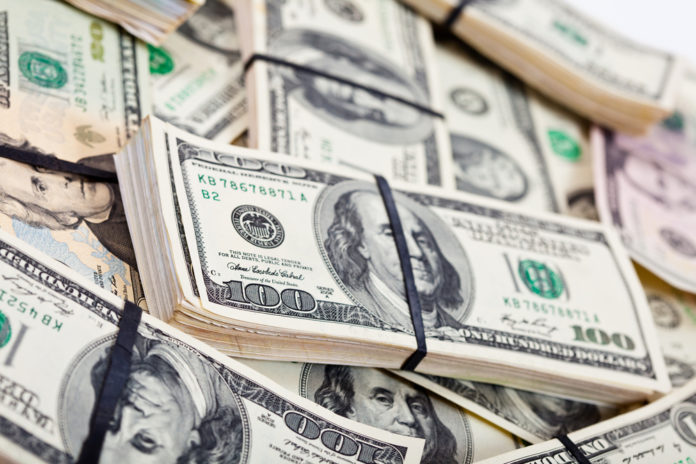As Jerry Brown prepares his final state budget, he will have the benefit of additional tax revenues derived from legal marijuana sales.
Legal adult use marijuana sales are just getting underway in California, but they are already factoring into the state budget.
Gov. Jerry Brown, who is finishing his 4th (non-consecutive) term as California’s executive, has been able to turn a $27 billion budget shortfall into $7 billion surplus since returning to the job in 2011. But his final state budget could benefit from even more incoming revenue. Brown now will have access to tax revenues derived from legal marijuana sales.
Analysts project that legal marijuana will eventually generate $1 billion in taxes per year in California. This could give future governor’s a nice safety net to rely on when constructing their budgets.
Brown has just released estimates that suggest the first full fiscal year of cannabis legalization will generate $643 million in taxes. The fiscal year starts on July 1. While most of the regulations and licenses are expected to be finalized by then, the industry may still be looking at growth in the coming years with tax revenues possibly reaching $1 billion in the future.
Other states are already benefiting from new tax revenues collected by marijuana sales and could be foreshadowing how the largest state in America may benefit.
Nevada
Adult use sales of marijuana in Nevada started in July. Dispensaries sold $27.1 million worth of product and collected $3.68 million in taxes. But Nevada’s rollout of their marijuana system had a few hiccups, chiefly a supply shortage. With fully stocked dispensary shelves predicted for the future, tax revenues are expected to soar. Overall, analysts predict that Nevada will generate approximately $120 million in tax revenue during the first two years of legal sales.
New Jersey
The Garden State may not have legalized recreational marijuana just yet, but with a new governor supporting the cause, many see it as a foregone conclusion. A study by the New Jersey Policy Perspective estimates that New Jersey could net $300 million per year in tax revenue from marijuana sales.
Colorado
History was made when Colorado became the first state to legally sell recreational marijuana. The additional tax revenue has been used to bolster a number of social programs, including homelessness outreach in Aurora. Sales have gone up steadily since its rollout and in the first eight months of 2017, sales and tax revenues were up 21 percent over the previous year. When the final numbers are reported, Colorado will likely have collected well over $200 million in marijuana taxes for 2017.
Oregon
According to the Portland Business Journal, Oregon took in approximately $108 million in marijuana taxes between January 2016 and August 2017. After administrative fees and other costs were deducted, Oregon was able to direct about $85 million toward supplementing state programs. Below is the breakdown for how Oregon choose to split up the funds:
- $34 million (40 percent) to the State School Fund
- $17 million (20 percent) to the General Fund’s Mental Health Alcoholism and Drug Services Account.
- $17 million (10 percent each) to cities and counties.
- $12.75 million (15 percent) to the Oregon State Police.
- $4.25 to the Oregon Health Authority.
Massachusetts
The Massachusetts Department of Revenue estimates that recreational marijuana sales could generate between $44 million and $82 million in 2018. The wide gap in the projection is due to uncertainty about how quickly the industry will develop. The state’s Cannabis Control Division will not be approving businesses until July 1, 2018. But it looks like the tax revenue collected could climb rapidly once all the regulations are sorted out.
Washington
Like Colorado, voters in Washington also approved recreational marijuana sales on Election Day in 2012. While it took Washington a bit longer to get their system online, they now have a robust marijuana industry. In 2016, Washington sales of legal marijuana totaled about $786 million. Washington’s marijuana tax rates are a bit higher than some states so this created $189 million in additional tax revenue in 2016.
This article was updated to include Governor Brown’s estimate on marijuana taxes for the first fiscal year of sales.










